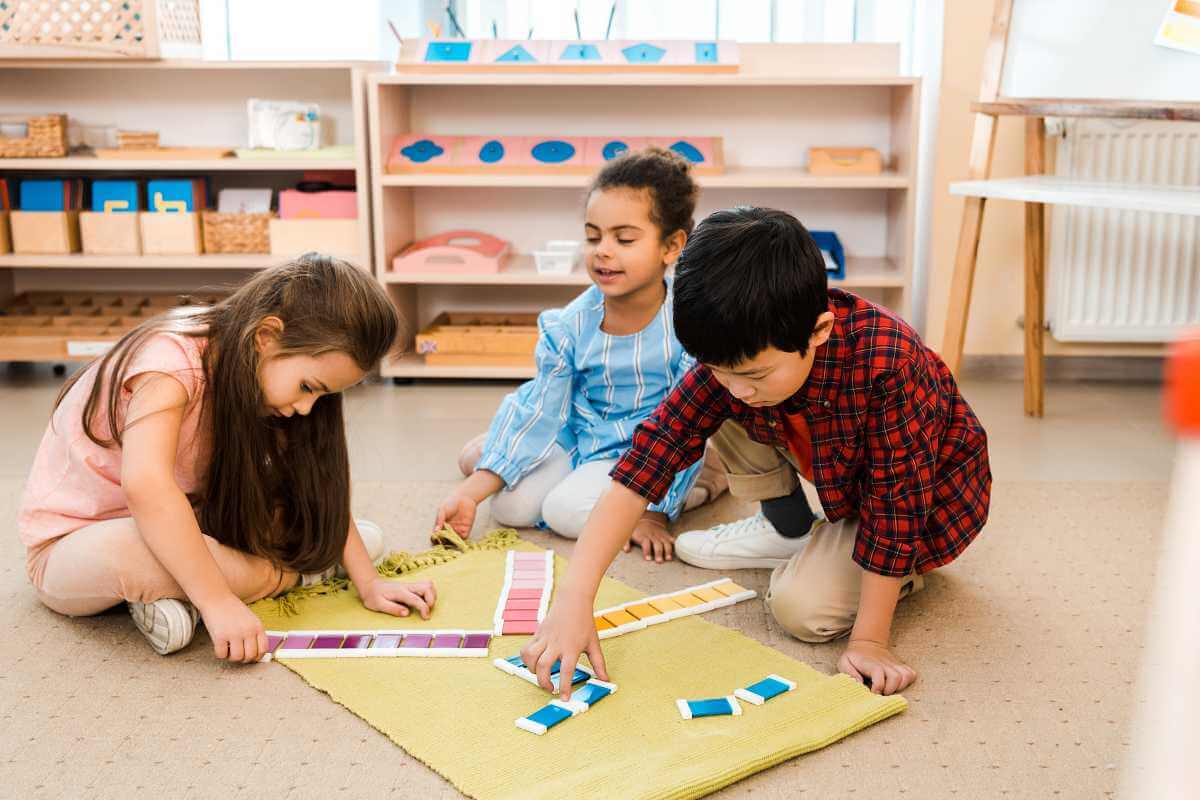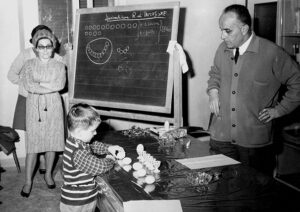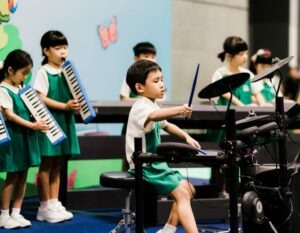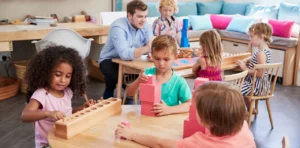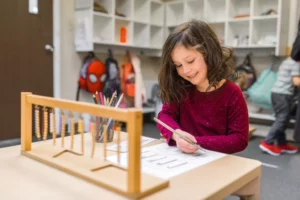Many private and public schools have effectively integrated the Montessori educational style into their curricula. It is a one-of-a-kind method of early education. The Montessori technique, in its purest form, is a method of education that emphasizes child-led learning. Every year, many potential teachers choose to become Montessori educators by taking a Montessori teacher training course.
This method of education is also popular among parents, who believe that selecting an academically challenging, yet nurturing environment for their child is one of the most important things they will ever do as a parent.
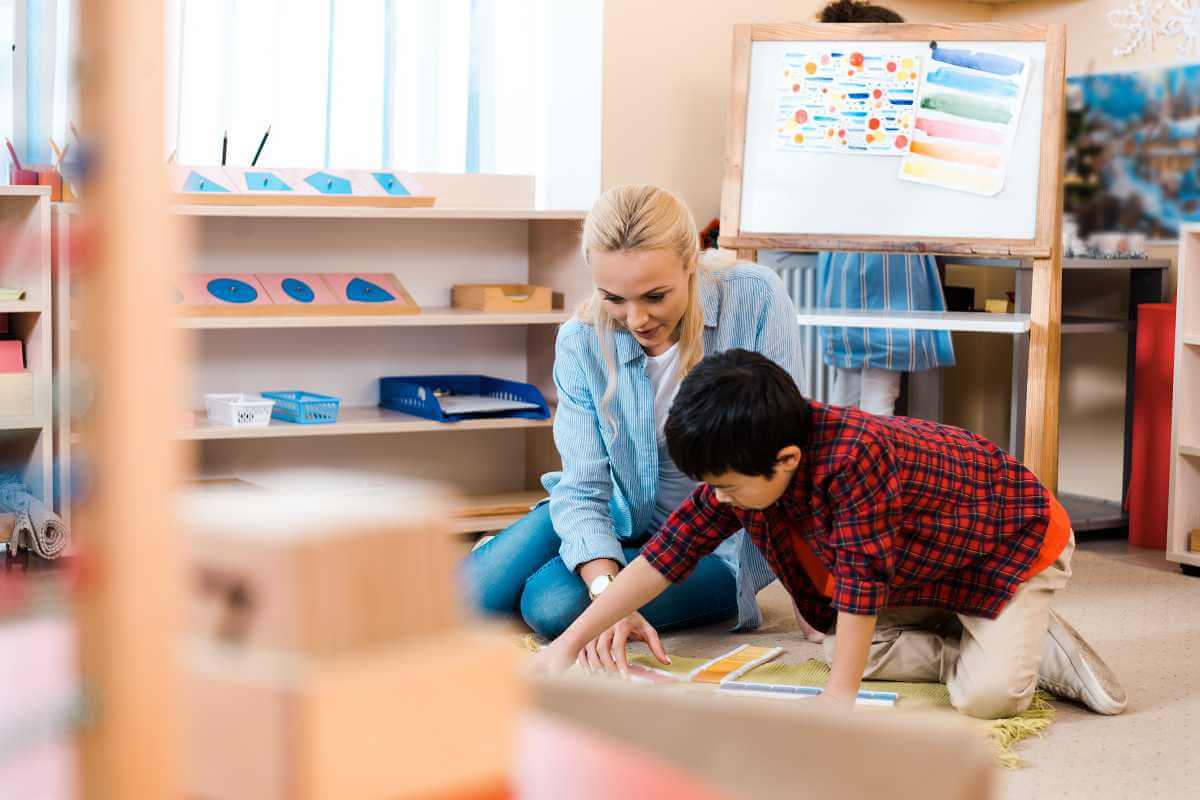
Basics of Montessori education:
- Montessori (1870-1952), an Italian physician, developed the method. It is based on various scientific notes about how children learn as they grow from birth to adulthood. The method was founded on the belief that a child’s edification should be designed to advance all aspects of a child’s development, including social, emotional, physical, and academic aspects.
- According to the Montessori method, every kid is born with the skill, aptitude, and attributes necessary to achieve their maximum potential.
- Another distinguishing feature of the Montessori method is that it emphasizes a learning environment. The learning takes place based on each child’s specific ability and needs. This holistic method has made a significant difference in the lives of many children and is designed to capture a child’s unique personality by celebrating their skills.
- There is no comparison among the children’s merit rather; guides praise them for their uniqueness. Montessori education incorporates a variety of learning styles and paths. The method also recognizes that every child’s early learning journey is unique.
The components of Montessori education:
Want to know the core components of Montessori Education? Check out the below-mentioned points:
Student Selection of Learning Activity:
In Montessori education, students typically have the option of choosing from a variety of hands-on learning activities to fill their day. These activities are made known to or designed to strengthen concepts and skills based on the ages and needs of the students.
Teachers can use their choices to plan activities that match each child’s age and ability, which is one of the benefits of this style. Montessori teachers design their classrooms to promote a safe, self-governing environment through hands-on activities and lessons.
Learners of Various Ages:
Groups of multi-age children are a unique classroom factor in the Montessori educational approach. The main reason for this multi-age group is that younger students naturally learn more from their older peers, and older students tend to retain more information when they teach it to the younger ones.
Aside from that, having children of various ages and stages in the same classroom represents the real world- where the teacher is teaching students how to get along with people of different age groups and comfort levels.
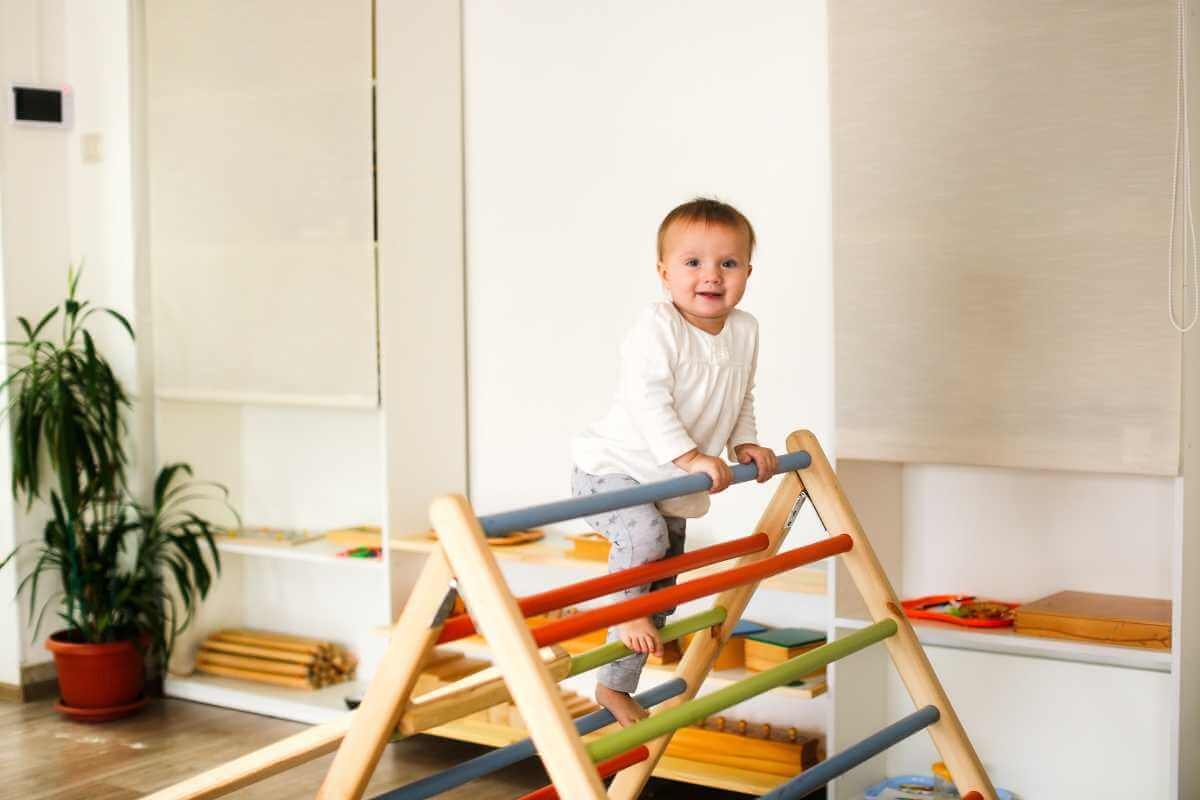
Absorbent mind:
We all know that the first six years of a child’s life are critical for their development as they learn about themselves and their surroundings. The Montessori environment benefits children by providing them with learning knowledge that fosters a sense of belonging, self-confidence, independence, and so on.
Although learning is a lifelong concept, there is no better time than now to begin encouraging the natural desire to explore the world. The Montessori school curriculum will include traditional fundamental subjects such as math, reading, history, and science, with a focus on society and nature.
A Well-Equipped Learning Environment:
In general, a Montessori classroom has an environment design that maximizes learning. This preparation is being made to have children spend their days learning and exploring the classroom environment.
Throughout the day, teachers provide open, safe spaces for children to discover and explore. The Montessori classroom also recognizes that each child is unique, and thus their interests and educational needs will also differ.
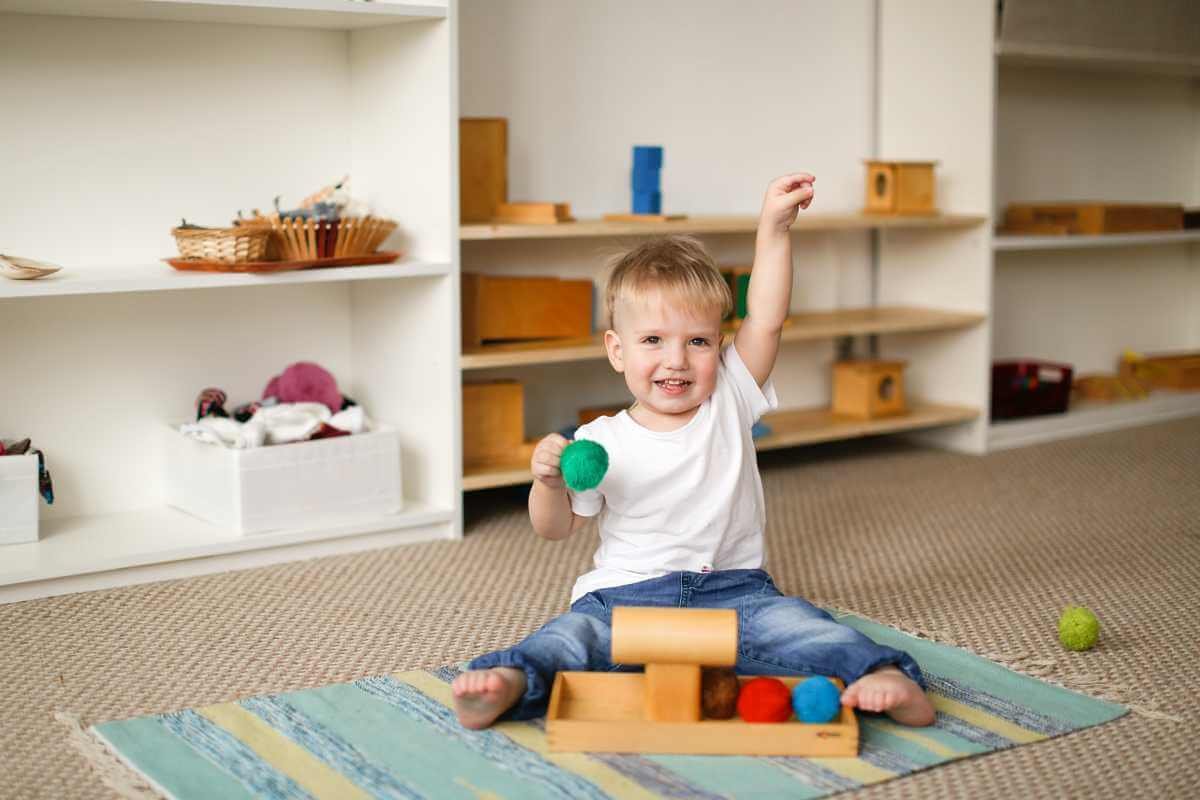
Child-Directed Education:
With “child-directed work,” Montessori education generally encourages children to experience freedom. It means that you will not see a teacher rushing a child through an assignment or limiting their exploration of a concept. In addition, you are more likely to see small groups of children engaged in different activities simultaneously.
Unlike in traditional schools- teachers do not stand and answer questions but move from one group to another group of students.
Some additional information:
- Montessori schools are NOT faith-based institutions. The Montessori curriculum is more than a hundred years old.
- Not all Montessori schools are the same. Each Montessori school will have its distinct personality.
- It is a myth that young children will not understand Montessori concepts.
- Another common misconception is that Montessori teachers do not have the same levels of education and training as traditional teachers.
- Montessori is NOT a brand, a franchise, the name of a business or organization, or a new-age concept.
Conclusion:
Montessori schools are the best for your kids. The education method allows your kids to learn independently and help them to develop different skills effortlessly!

